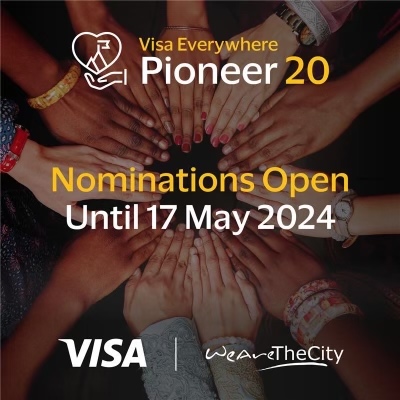
By Sandi Wassmer
Neurodiversity in the workplace – how to make sure your organisation isn’t missing out
Many neurodiverse people spend a considerable amount of time and energy trying to fit into a neurotypical world. On top of this, there still seems to be the misapprehension that neurodiverse people are only capable of technical jobs, such as finance or software development, rather than leadership or people management. If I had listened to any of the assumptions made about me, I wouldn’t be a CEO.
Navigating the corporate world as a neurodiverse person can be daunting. It’s filled with challenges and persistent misconceptions, which can often obscure a person’s potential, relegating them to the sidelines. Having been diagnosed at age 47, I have struggled with being neurodiverse for most of my working life.
I know firsthand the struggles and triumphs that come with being neurodiverse in leadership. But amidst the obstacles, there lies a tremendous opportunity for both employees and organisations to embrace neurodiversity and harness its incredible potential.
A wealth of strengths
Neurodiverse people bring a wealth of strengths to the table, including skills mastery, problem-solving prowess, outside-the-box thinking, resilience, and unfiltered honesty — all of which are invaluable assets in leadership roles. Neurodiverse people have developed the superpower of resilience, having had to navigate the neurotypical world and find alternative ways to get where they need to go.
With their open and authentic nature, neurodiverse people, make honest and considerate managers and leaders. The broad and deep talents, skills, experiences, and expertise they bring to leadership are invaluable. It’s time for organisations to start harnessing this untapped leadership pool.
Harnessing the talent pool
Organisations that recognise and harness the power of neurodiverse leadership gain an advantage over competitors by driving innovation and creating a culture of psychological safety for all employees. True inclusion means fostering a sense of belonging where each person is empowered to be their authentic selves without fear of judgment or alienation.
Fortunately, in recent years, there has been a notable surge of attention towards embracing neurodiversity within workplaces. This shift has brought about a significantly more profound understanding of neurodiversity and an appreciation of the remarkable array of skills that neurodiverse people contribute to the workforce.
Understand the individual
While neurodiversity encompasses a spectrum of conditions such as ADHD, autism, and dyslexia, it’s crucial to remember that each person is unique. Just as no two neurotypical people are alike, the same holds true for neurodiverse people. Taking the time to understand each person’s strengths, challenges, and needs is paramount to unlocking their full potential in leadership roles.
Communication is key, particularly for neurodiverse people who may struggle with ambiguity. Clear, concise, and unambiguous communication aids understanding and minimises misunderstandings. Providing quiet spaces, allowing for flexible working patterns, and supporting mental health and well-being are also essential components of creating an environment where neurodiverse employees can thrive.
Organisations must actively dismantle barriers and create pathways for neurodiverse people to ascend into leadership roles. Partnering with diversity, equality, and inclusion (DEI) organisations can provide invaluable expertise while developing tailored leadership programs to ensure that opportunities are accessible and equitable for all.
Everyone benefits
Embracing neurodiversity isn’t just the right thing to do—it’s also a smart business move. Diverse perspectives drive creativity, innovation, and, ultimately, business success. Organisations that champion neurodiverse leadership will not only attract and retain top talent but also gain a competitive edge in today’s dynamic market.
It’s also worth noting that initiatives aimed at supporting neurodiverse employees aren’t just beneficial for them alone; they enhance the overall working environment for all employees.
By fostering an inclusive culture, dispelling assumptions, and creating pathways to leadership, organisations can unlock the full potential of neurodiverse people, driving innovation and growth for years to come.
We feel this fits better here with the flow of the section, but flexible on it, so do let us know if you disagree.
About the author
 Sandi Wassmer is a neurodiverse leader with experience in the charity, government and commercial sectors and heads up the non-profit organisation – enei – that helps employers build and maintain diverse teams and inclusive cultures through its membership, training, and consulting services. enei works with brands such as Ford, British Airways, Save the Children, the BFI and even government bodies such as the Department for Food, Environment, Food and Rural Affairs.
Sandi Wassmer is a neurodiverse leader with experience in the charity, government and commercial sectors and heads up the non-profit organisation – enei – that helps employers build and maintain diverse teams and inclusive cultures through its membership, training, and consulting services. enei works with brands such as Ford, British Airways, Save the Children, the BFI and even government bodies such as the Department for Food, Environment, Food and Rural Affairs.








